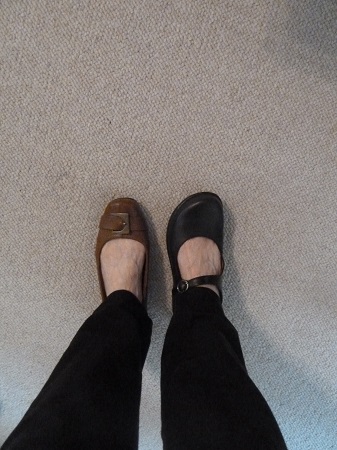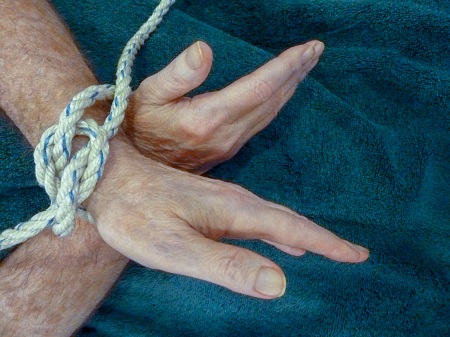What Will Be Will Be
 When I was a little girl, one of my favorite songs was Doris Day’s “Que Sera, Sera” (Whatever Will Be Will Be). She sounded so happy. The music’s rhythm made me skip and swirl as I sang along.
When I was a little girl, one of my favorite songs was Doris Day’s “Que Sera, Sera” (Whatever Will Be Will Be). She sounded so happy. The music’s rhythm made me skip and swirl as I sang along.
Only later did I pay attention to the song’s meaning.
The words were not as optimistic as I originally thought.
In some ways, what will be will be sounds hopeless.
In a nutshell, it seems we have no control. We cannot change the future.
If we have no control, why do anything at all?
Yet, we do have some control.
We cannot change everything, but we can change some things.
What will be will be tells us not to worry about what we cannot control.
- Natural disasters
- Disease
- Other people’s actions
- Death
Will worry stop any of those from happening? No. If they do not happen, did worry prevent them? No.
As my friend Marian Woosley often said, Why worry when we can pray?
Control what we can. Let the rest go.
Rather than wring our hands about the future, let go and let God lead us today.
- Prepare as much as possible for natural disasters.
- Practice good health habits
- Treat other people well.
- Be ready for death, whenever it comes.
When we do what we can under God’s leadership, life may still be hard. Yet, God gives us peace and joy.
“I consider that our present sufferings are not worth comparing with the glory that will be revealed in us” (Romans 8:18 NIV).
Thanks to Laura Lee Leathers for the suggestion and to Mary Lou Rafferty for the photo..
Do you have an expression you want explained or a thought about this one? If so, please comment below.
Subscribe to receive my weekly posts by email and receive a free copy of “Words of Hope for Days that Hurt.”
If you enjoyed this post, please share it with your friends.








